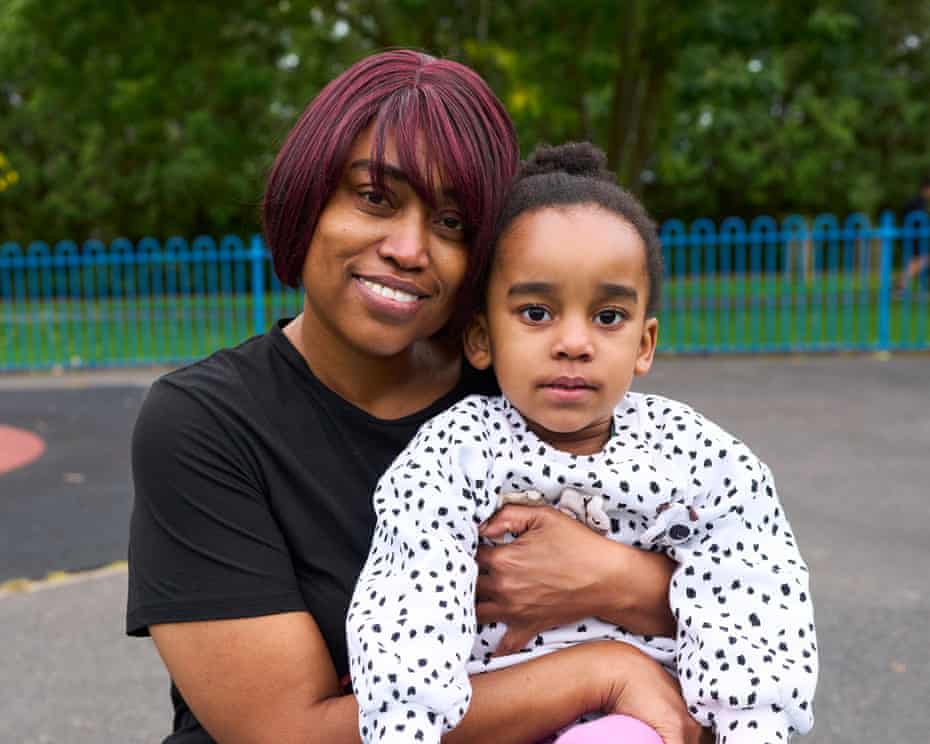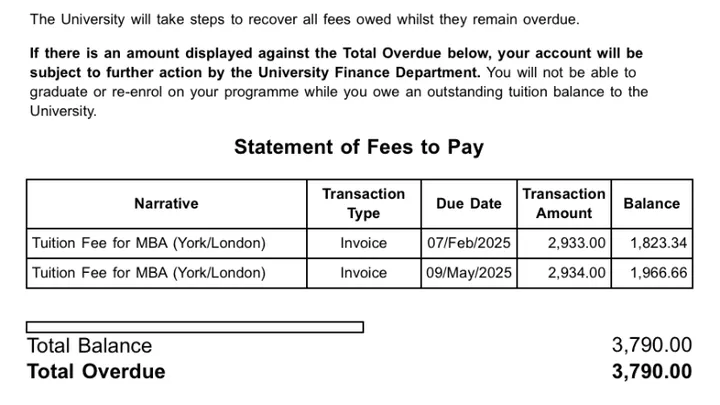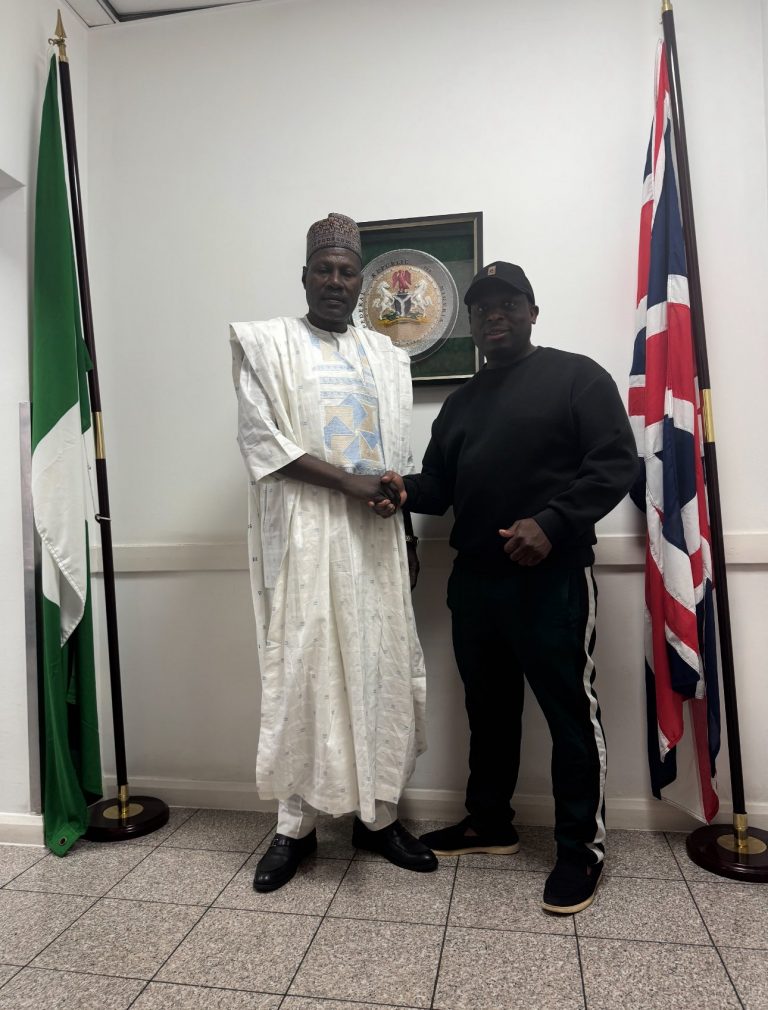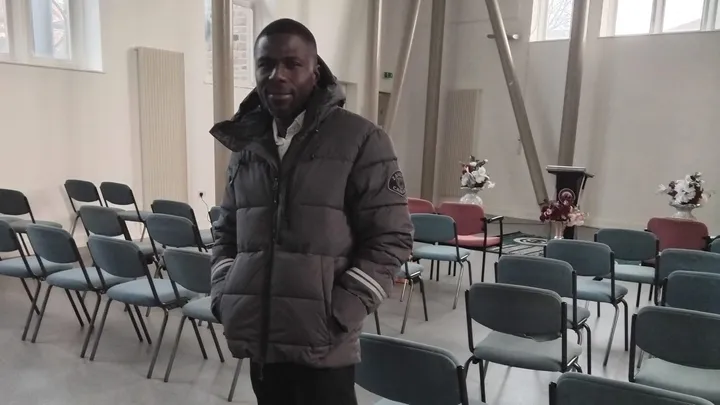
Tracy Ann Dunkley, pictured with her daughter Zharia-Rae: The Guardian
Campaigners have issued a stark warning following the case of a UK-born toddler who has been denied a British passport — and pressured to prove entitlement to free NHS care — saying it underscores enduring injustices reminiscent of the Windrush era, The Guardian reports.
The Case of Zharia-Rae
Three-year-old Zharia-Rae Dunkley, born in Birmingham, is at the centre of the controversy. Her mother, Tracy Ann Dunkley, became a British citizen in 2024. Her older brother, born in 2020 to the same parents, was granted a British passport in 2022.
Despite those facts, the Home Office has classified Zharia-Rae as a “British Overseas Territory (BOT) citizen,” a status that differs from full British citizenship and carries fewer rights. As a result, she has been denied a British passport.
Healthcare Entitlement in Question
Matters have been complicated further by requests from NHS authorities for Dunkley to submit proof that her daughter qualifies for free health care. A recent letter informs her that an investigation is ongoing into Zharia-Rae’s immigration and nationality status, and that a charge may be issued.
For Dunkley — a stay-at-home mother and caregiver to Zharia-Rae and her older brother — the demand has been deeply distressing. Zharia-Rae is non-verbal and is being assessed for autism; her brother is also believed to have special needs. The family faces significant medical and emotional burdens.
Dunkley has described that the accumulated pressure — juggling immigration paperwork, healthcare demands, and caring for two children with additional needs — has become overwhelming. She told The Guardian she feels as though she is alone in this fight.
Allegations of Systemic Failure
Critics see this case as symptomatic of deeper policy failures. Euen Herbert-Small, a Windrush activist and nationality researcher, said the UK government still has not learned the lessons of the Windrush scandal — when Caribbean people with lawful status were wrongly detained, deported, or denied services. He called the current policies “deliberately discriminatory and confusing.”
Herbert-Small observed that Zharia-Rae, had she been born in Anguilla (a British Overseas Territory), would automatically be considered a British citizen — yet her birth in the UK under identical circumstances disqualifies her. He described the situation as highlighting the “absurdity of British nationality laws.”
Official Response & Policy Implications
A Home Office spokesperson declined to comment on the specific case, reiterating that UK law provides that a child born in the UK attains British citizenship if one parent is already a British citizen or is “settled” in the country.
Meanwhile, the case has reignited calls from campaigners and legal experts for urgent reform of nationality, immigration, and public services systems. They argue that without structural changes, similar injustices will continue to afflict vulnerable families.
In related cases, concerns are growing about how BOT citizens are treated, especially in access to healthcare and social services. For example, a Montserrat-born elderly woman was recently asked to pay for NHS treatment despite her status.
Looking Forward
As the Dunkley family contends with uncertainty, the broader debate over citizenship, justice, and state accountability in the UK has been thrust back into the spotlight. The narrative around this case — particularly its resonances with Windrush — may influence future scrutiny of how immigration and nationality policies are applied, especially toward families from Britain’s Overseas Territories.














